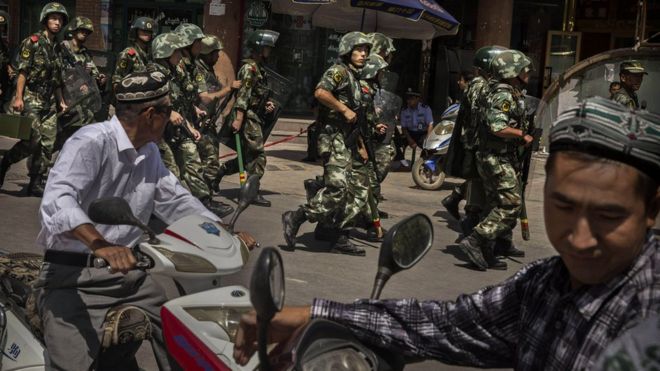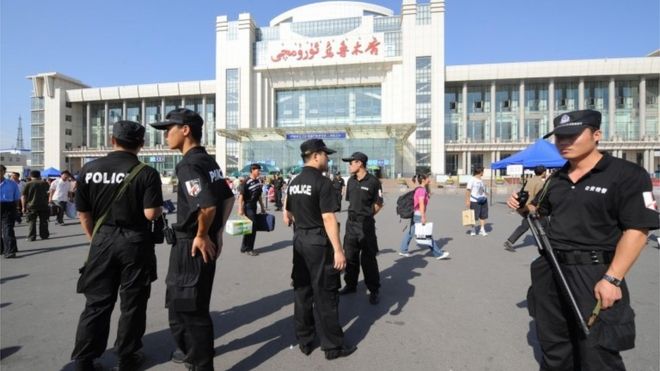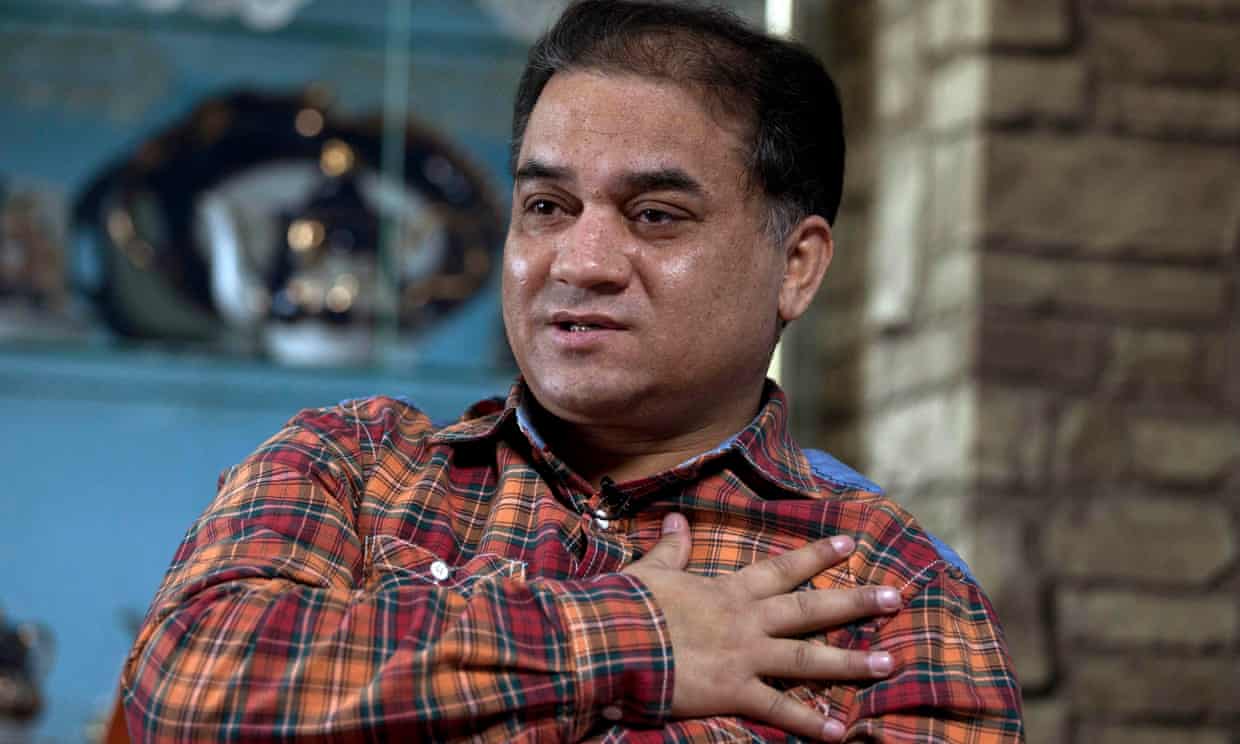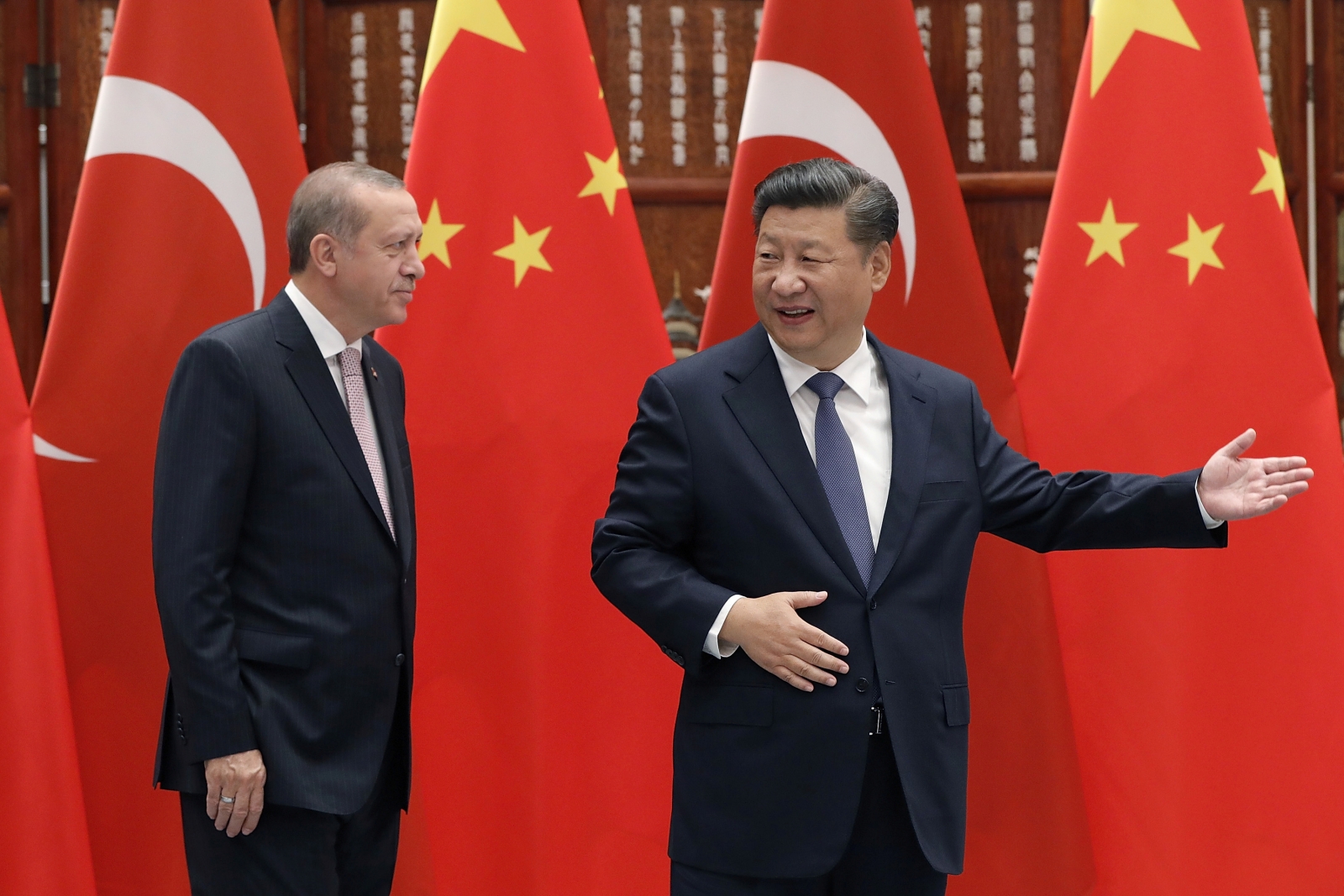
Atrocity Alert is a weekly publication by the Global Centre for the Responsibility to Protect highlighting and updating situations where populations are at risk of, or are enduring, mass atrocity crimes.

The Gambia
An ECOWAS-led military intervention appears imminent in The Gambia. Following the country’s 1 December election, which opposition leader Adama Barrow won, current President Yahya Jammeh’s 22-year rule is scheduled to come to an end at midnight tonight. Yesterday, 17 January, President Jammeh declared a state of emergency, making all demonstrations illegal and curtailing other civil liberties. Jammeh appears willing to use force to prevent the impending inauguration of President-elect Barrow.
The Economic Community of West African States (ECOWAS) has repeatedly called upon President Jammeh to accept his electoral defeat and step down. An ECOWAS mediation mission, including Nigerian President Muhammadu Buhari and former President of Ghana John Dramani Mahama, met with President Jammeh in The Gambia on 13 January. The following day ECOWAS military leaders also met in Abuja, Nigeria. ECOWAS has a long established policy of opposing coups and unconstitutional changes of government in West Africa.
Following numerous failed mediation attempts, ECOWAS troops are now stationed on the Senegalese border, while a Nigerian warship is currently off the coast of The Gambia. The UN Security Council is also considering a resolution on the situation in The Gambia.
President Jammeh has ruled The Gambia since a military coup in 1994 and has a history of inciting ethnic division. In June 2016 President Jammeh threatened to eliminate the entire Mandinka ethnic group, whom he does not consider to be authentic Gambians. UN Special Adviser on the Prevention of Genocide, Adama Dieng, condemned President Jammeh’s “public stigmatization, dehumanization and threats against the Mandinka,” arguing that they constituted possible incitement to commit mass atrocities. President Jammeh has also previously threatened to “slit the throats” of all gay men in The Gambia and some of his supporters have recently blamed political instability in the country on gays and their alleged foreign supporters. In his attempt to hold onto power, President Jammeh may try to foment these divisions and systematically target civilians whom he considers a threat to his rule.
Due to fears regarding current political instability, at least 26,000 people have fled The Gambia into Senegal as of 16 January, according to the regional office of the UN High Commissioner for Refugees.
If President Jammeh does not stand down by midnight tonight, the UN Security Council and ECOWAS should work together to secure a peaceful transition in The Gambia and prevent any further incitement to violence on the basis of ethnicity, sexual orientation, or presumed political allegiance. If ECOWAS intervenes, all measures need to be taken to ensure the protection of civilians and respect for human rights.











